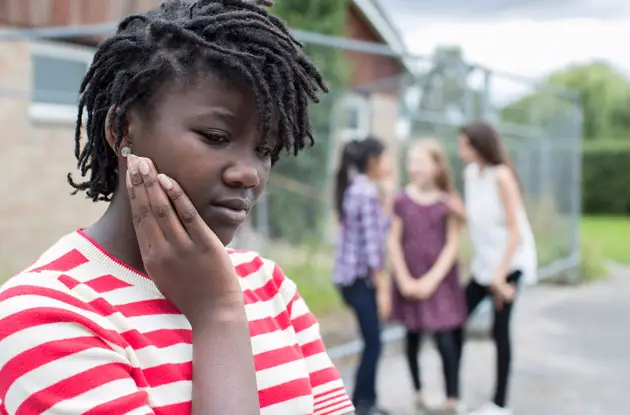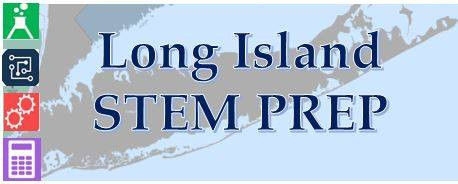
How to Help Your Teen Through a Friendship Breakup
What to do when your teen's friend is no longer a BFFL
Get kid-friendly activities sent to you!
Get the Best Family Activities
The key to any relationship, whether it’s platonic or romantic, is to have two-way communication and for both parties to feel there is reciprocity. Let your teen know that if she’s unhappy in a situation, conveying her feelings to the other person lets them know she cares enough to be open and honest in communicating, and that she respects herself enough to say she is upset. Then she also needs to be a good listener and understand where the other person is coming from. “Give thought in what you say to people, how you say it, and respect others for who they are—you can’t expect them to be perfect all of the time,” Wilson says.
Help Your Teen Limit His Social Media Exposure
Social media nowadays can really mess with a teenager’s head. He can find himself overanalyzing subtext that may or may not be in captions and Instagram stories, fretting over not receiving enough likes and comments on a post, or feeling FOMO (fear of missing out) when friends are hanging out without him. Social media can create unnecessary drama, so it’s best to avoid spending too much time on apps and have more face-to-face conversations. “It’s really important not to use social media as a form for expressing things that are really sensitive topics,” Wilson says. “I would advise communicating to the person directly and not posting your feelings or texting anything that needs to be said in person to avoid miscommunication.”
Teenagers may feel pressure to look or live like “influencers” on the Internet, which can lead to feeling inadequate or unhappy. Remind your child social media is curated and the best way to feel better is to log off once in a while (this advice can apply to adults too). Apps such as Moment or Checky can monitor how many times she checks her phone to make her more aware of reducing screen time. “Spending hours on social media becomes more depressing over time and you start feeling guilty of the things you’re not doing,” Dr. Weissman says. “If you’re that kid who’s going on there and self-esteem is an issue for you, you’re going to use that as your barometer to find how people value you.”
Put a Friendship’s End in Perspective
Though it is ideal to resolve an issue among friends and continue the friendship, sometimes after laying all of the problems and feelings out on the table, the friendship cannot go back to what it was and does not work out. Not everyone will remain your teen’s friend, but every friendship or brief encounter can help him understand what types of qualities he values in a friend moving forward.
Encourage your child not to view a friendship breakup as a failure, but rather as an opportunity to grow and continue to learn how to be a better friend. Once she lets the not-so-great-people out of her life, she can make room for better ones to create more meaningful friendships. “Some kids are going through the motions and figuring out who they are and trying to be popular, and sometimes those kids have a hard time being a good friend,” Dr. Weissman says. “Having open and real conversations about what’s going on for each other can be an important sense of support and can make a real valuable friendship that can last beyond high school, but it takes a certain level of maturity for that to happen and I think some kids are not there yet.”
As high school progressed beyond my freshman year, those two friends who excluded me ended up drifting apart themselves, and finding new groups to hang out with. Teens who say they’ve found their BFFL (best friends for life) may not always end up staying friends for life, and that’s okay. Friends come and go throughout high school to make room for better ones down the road.






